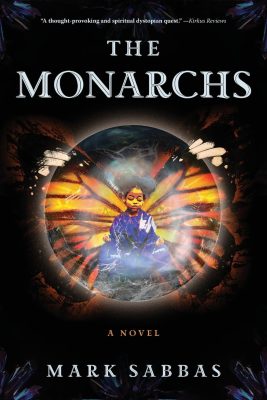|
Listen to or download this article:
|
After the murder of his sister, Dr. Walker Claybourne journeys to the Yucca Valley to wrap up Claire’s affairs– including the investigation, in David T. Isaak’s mystery novel, Things Unseen.
As a geology professor at the University of California in San Diego, a leading authority on volcanic landforms of the Southwest, Walker lives a life as solid and routine as the very rocks he studies. He has his tenure, his condo, and his quiet existence. On sabbatical to write a textbook, Walker plans on staying in Claire’s rented house just long enough to pack her things. However, he isn’t there long before guilt sets in as he realizes how little he knew his only sister.
With his parents both dead and his only other sibling teaching at Cambridge, Walker realizes how very alone he is, and he decides to investigate Claire’s murder.
His initial stop with the detective covering the case leaves him more confused than enlightened, so Walker turns to Claire’s friends, a strange group of both mystics and intellectuals. He quickly begins to see the complex woman his little sister was– counselor, reformer, and spiritual pilgrim. As the mystery deepens, the questions yield a plethora of suspects, while Walker faces multiple attacks on himself. He gradually begins to questions his own beliefs and long-standing intellectualism the more he learns about Claire.
This novel offers a fresh and complex take on the journey of self-realization.
In the beginning, Walker is a well-established skeptic and intellectual. His entire existence is built upon scientific observation and proof, the kind one can see and touch. He absolutely refuses to believe in the psychic visions of Claire’s friend Mandy or the Wiccan glamour spell entrancing him to another friend, Melanie.
Where Claire is passionate, seeing the power in the beautiful and often deadly landscape surrounding her, Walker is coldly calculating, analyzing those measurable traits easily explained by his many years of study and research. He admits that his life has been about endurance, a “doggedness” that has gotten him both his tenure and his lack of true friends.
However, Walker knows this stubbornness is exactly what he needs to keep him on the scent of Claire’s killer.
The more Detective Bolles pushes against his investigation, the more resolve Walker has to understand Claire and make up for all the years he’d wasted. He often wonders if his newfound obsession with knowing Claire’s mind and inner circle is healthy, or just a way of assuaging his guilt with the thrill of achievement in finding her killer.
However, this very uncertainty is, in itself, personal growth for Walker. As a goal-oriented man, he is always clear in his expectations and desires, but by investigating his fierce, loyal sister, he steps out of his “normal,” and likens the experience to his brain splitting and evolving.
Along the way, Claire’s friends and eventually Claire’s presence– whether in his mind or as a true spirit– convince him not to ignore the things for which he has no real explanation.
Walker begins to think that his years in academia have just been a way to hide rather than face life head-on as Claire always did, and he begins to truly notice the little details he sees every day. While Walker isn’t sure what the correct life path is, he no longer believes it’s simple. The path to truth, just like the mystery of Claire’s death, is a winding mixture of factual and spiritual, but one full of strong friendships and deep devotion.











Leave A Comment